Westinghouse's invention of the railcar air brake saved countless lives. He went into the natural gas business when nobody even knew how to cap, channel, or meter natural gas. Then he lighted the world using AC electrical current -- overcoming intense competition from Thomas Edison and JP Morgan's DC electrical current -- helping to transport power to homes from hundreds of miles away, including rural areas. He ended up with 361 patents that he personally worked on. Unlike Edison, Westinghouse allowed employees to use their own names if they worked on patents at his company. The last patent given to him was for an automobile shock absorber.
Not bad for a boy who had bad temper tantrums when he didn’t get what he wanted, and who later learned to channel that violent energy through military service (US Civil War), hard work, discipline, and persistence. Sun Tzu would be proud.
Unlike many businessmen of his time, such as Edison and Carnegie, Westinghouse didn't promote himself. In fact he didn't like to be photographed or give speeches. He simply treated people close to him -- his wife and workers -- with simple dignity and without fanfare. In a time where worker strikes were common, there was none while he was in charge.
How Westinghouse took charge wasn't through swagger but substance. For example, when there was a revolt during the annual meeting of 1891 at one of his companies, the Union Switch and Signal, the position of president was given to someone else by the Board of Directors. However, when stockholders soon realized the company's business was so dependent on Westinghouse's relationships with customers and bankers that they quickly fired the new president and replaced him with Westinghouse's candidate.
Many students of history know the story of how Thomas Edison cheated Nikola Tesla out of his bonus after Tesla helped to improve Edison's DC electrical system. Tesla later went to work for Westinghouse. Westinghouse was so generous to Tesla that when Westinghouse later asked if Tesla could lower his royalty fees, Tesla claimed he unhesitatingly ripped up the contract. Westinghouse would later pay Tesla over $216,000 in lieu of royalty fees and Telsa’s living arrangement at the Hotel New Yorker for the rest of his life.
What's most interesting is that although he might have received worldwide recognition for his work while he lived, Westinghouse the man is somehow relatively forgotten today when compared to Rockefeller, Edison, Carnegie, Morgan, Vanderbilt, etc.
His lack of fame today is probably because he didn't set up foundations under his name, but I suppose if you were charitable and fair and contributing greatly to society throughout your life, there would seem no need to set up a foundation. His employees were well paid, working conditions were designed to be safe, workers had the weekends off, and topnotch housing and insurance ensured workers' families were always taken of. These company policies were aligned with a leader who had the philosophy to do the right things first, and the money naturally followed.
Westinghouse didn't drink or smoke. He didn't even use profanity. When his future wife Marguerite hesitated to give him her contact information, he gave her several references, individuals who could vouch for his character. After marriage, he corresponded with his wife every day while traveling. They would be married for 47 years until his death in 1914.
On October 6, 1930, Westinghouse employees fully funded the Westinghouse Memorial costing $200,000 on his birthday. I can't think of another businessman who has this honor and distinction, especially one who lived through the "Robber Baron" age.
All business schools should teach students about who George Westinghouse was, how he managed his companies, and how he led people, because there is no better role model especially given today's technological and competitive environment.
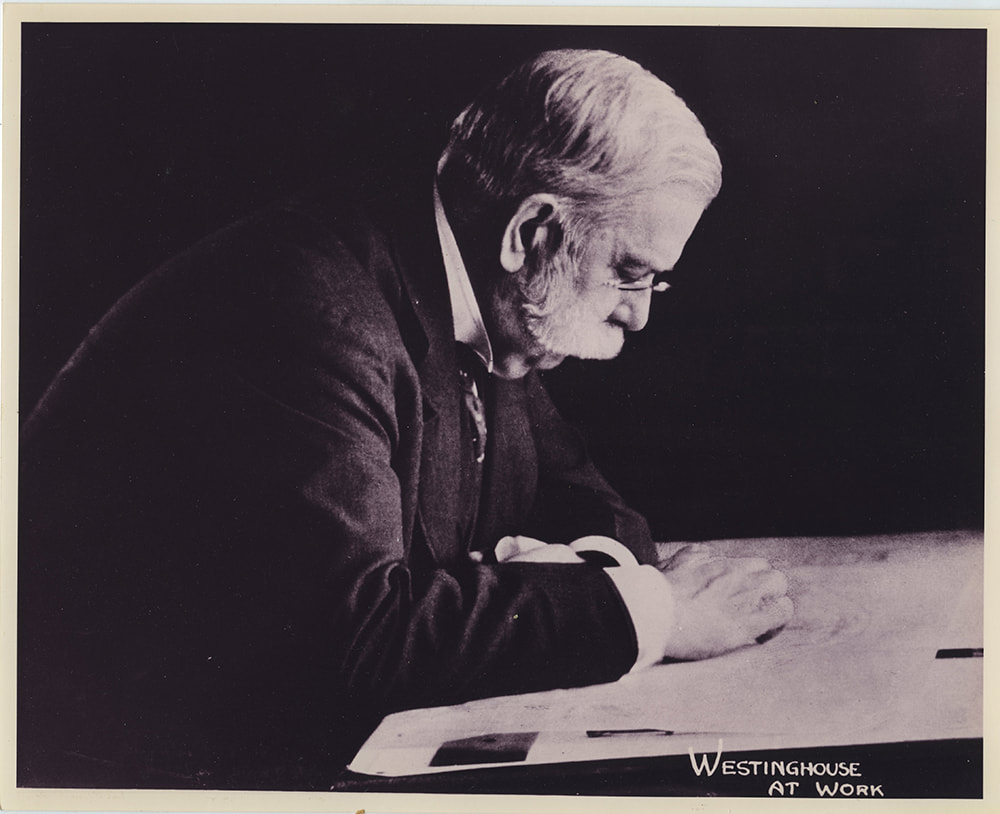
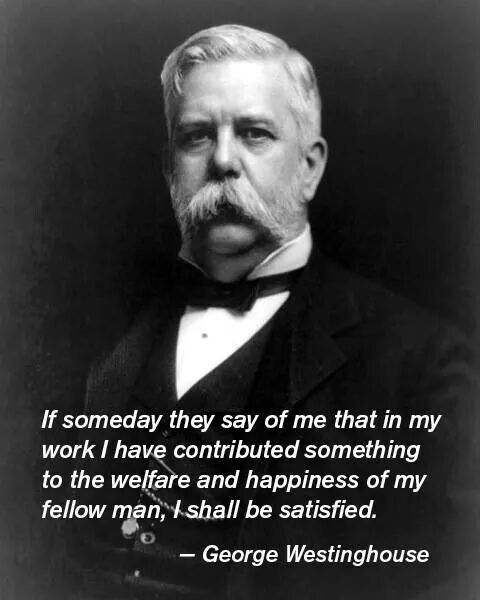
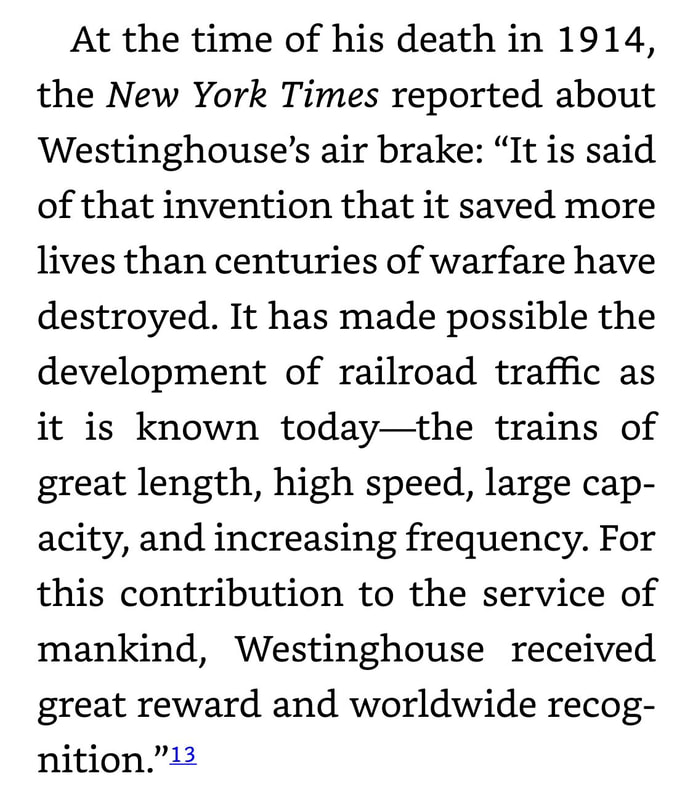
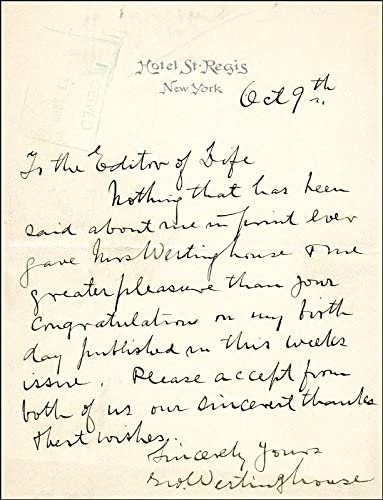
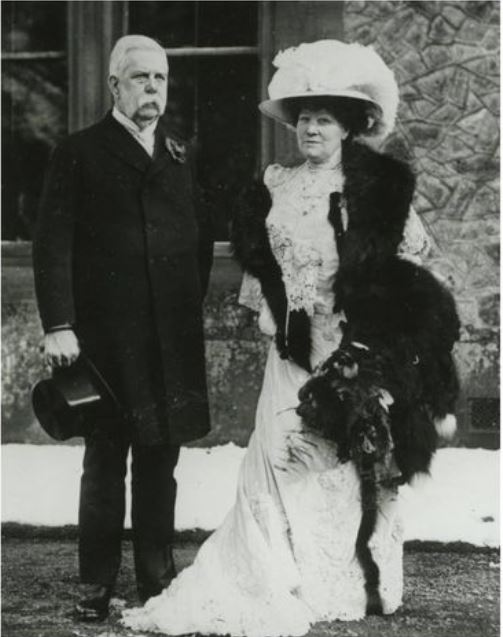

 RSS Feed
RSS Feed